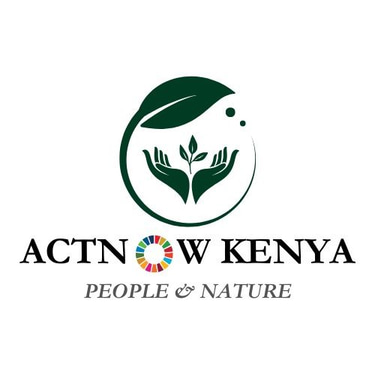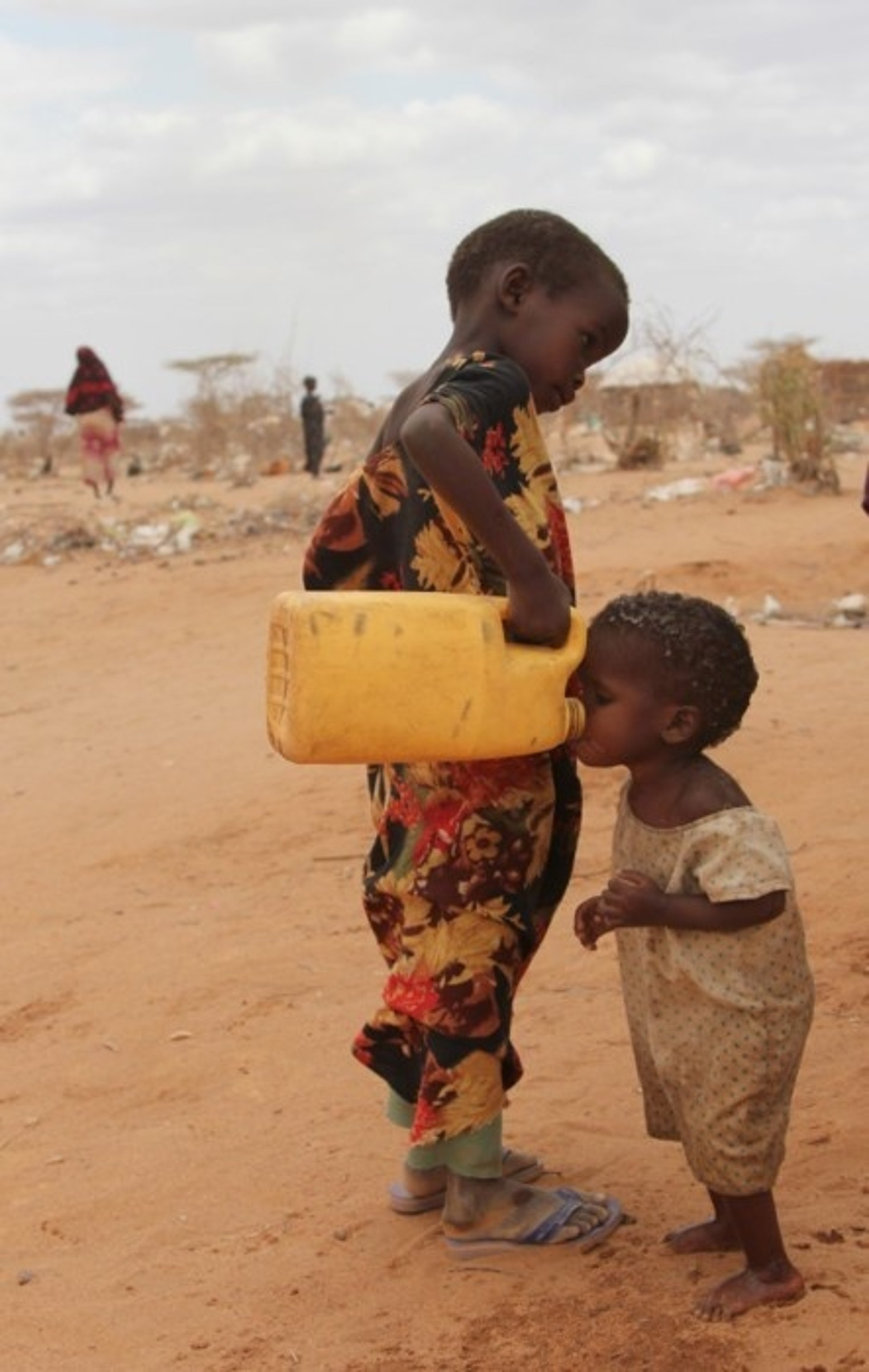
The challenge we face
Collective action is needed to drive climate justice, and ecosystem restoration for sustainable development to thrive. Marginalized communities and groups are being left out.
This opportunity gap is compromising their futures — and ours.
Get to know us;
ACTNOW KENYA represents a twin approach — ACT - to mean Action for Climate Transformations and NOW - to mean Nature Observation and Wellbeing. This approach aims to advance the rights of indigenous communities to thrive without depleting their natural ecosystems. This simple coexistence is our guiding philosophy that we strive to achieve everyday: For People For Nature.
We are a youth-led environmental organization founded in 2022 by young indigenous community leaders passionate about environmental sustainability, and climate policy to initiate change and contribute to Nationally Determined Contributions (NDCs), Global Biodiversity Frameworks and provide a platform for marginal groups to join the global sustainable development agenda at grassroot levels.
Guided by collective action, ACTNOW KENYA is not working in this journey...We are an active member of the global youth networks like YOUNGO, and Loss and Damage Youth Coalition (LDYC), Climate Education Coalition and SDSN Youth.
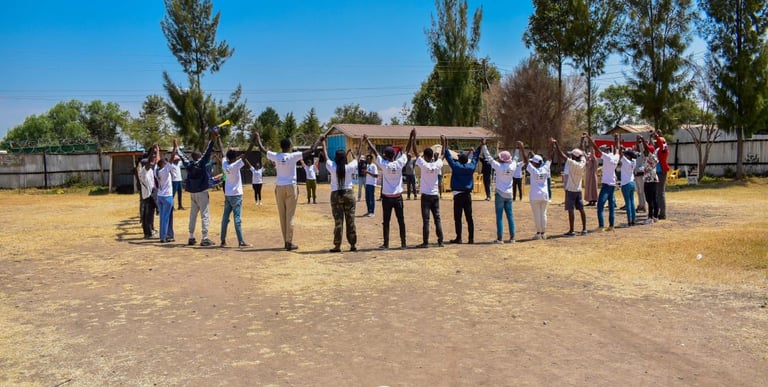

Our Founding Story
We started as a small gathering of elite youth in Laikipia North in 2022, aiming to dialogue youth empowerment, climate action and environmental conservation. After the prolonged drought of 2020 - 2023 - the worst in 40 years in Eastern Africa, it soon became obvious that these issues are far reaching and therefore there is need to work hand-in-hand with our local ommunities to help them adapt beyond the growing intense droughts, hunger, land degradation and erosion of indigenous ecological knowledge systems from the get-go. Currently, we work in food security, documentation of indigenous knowledge, ecological conservation, sustainable livelihoods and policy spaces in order to amplify the voice young people, women and marginalized communities and enable them adapt to climate change, live healthy and champion sustainable development as seamlessly as possible.


This is about more than tree planting or cleanup campaigns. It’s inspiring, equipping, and empowering young people from marginalized communities to lead bold, lasting climate solutions that advance sustainable communities and a thriving environment because when indigenous people thrive, so does the land they stand on.
ACTNOW KENYA has cycles of transformation including, but not limited to,
...expanding into more pastoral counties, deepening school partnerships, and growing our network of young climate champions. Every project we launch is tied to global impact—from SDG 2 to SDG 13 to SDG 15—because the future depends on our action now.
...but we cannot do this alone. we believe in collective approach from people like you—eager for change, to deliver lasting impact and transformation to millions of people in these communities and beyond. Want to join us in building climate resilience from the ground up?
What We Do
ACTNOW KENYA works at the grassroots levels to promote environmental conservation, climate action, and sustainable development. Our focus areas align with global efforts to restore ecosystems, empower communities, and build climate resilience.
Capacity Development
We We empower youth, women, and marginalized groups with the skills and knowledge needed to lead climate solutions. Through mentorship, hands-on training, and workshops, we cultivate a new generation of environmental leaders equipped for sustainable livelihoods and grassroots advocacy.


Collective Action
We implement practical solutions to combat biodiversity loss, food insecurity and climate change. Our initiatives include natural resource governance, tree planting, water conservation, regenerative agriculture, and promotion of value addition in communities facing environmental challenges. ACTNOW KENYA believes that real change happens when communities come together to take action.
Advocacy
We engage in policy dialogue, advocacy, and community mobilization to influence environmental policies and ensure that young people and local communities have a voice in decision-making processes related to climate action, conservation, and sustainable development.
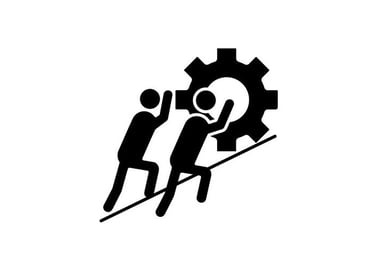



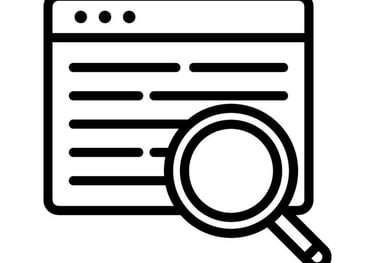

Research & Knowledge Sharing
We create platforms for sharing environmental knowledge, best practices, and innovative solutions. These are backed by research for indigenous knowledge and storytelling to raise informed awareness on climate issues and provide evidence-based recommendations for sustainable solutions.
An inclusive Model
ACTNOW KENYA works with rural communities, institutions and other organized groups to make sure that rural indigenous communities are on the global agenda on climate action. We believe we can achieve this through climate education, holistic conservation, sustainable agriculture, clean water, peace and preservation of indigenous knowledge systems (IEK/IKS).
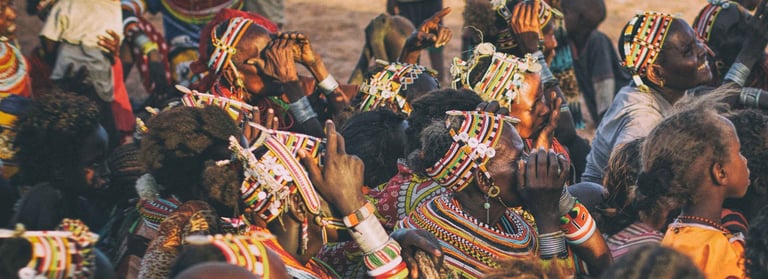

Partnering with Local Communities
We work closely with indigenous communities to guide our projects, ensuring they are need-based, sustainable, and impactful. Project locations are selected based on ecological conditions, community participation, and long-term sustainability.
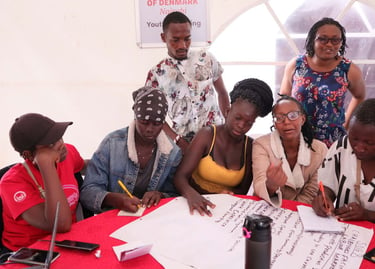

Youth Inclusion
With youth comprising 70% of Sub-Saharan Africa's population, their role in development is vital. Our collaborative spaces are harnessing their energy, creativity, and skills to drive sustainable impact through mentorship, advocacy, partnerships, and volunteerism.




Women Empowerment
In ASAL areas, climate change compounds gender inequalities—from water insecurity to GBV to malnutrition. ACTNOW KENYA prioritize equity and resilience by investing in women’s leadership, supporting women farmers, and ensuring their voices shape environmental decisions.
Community elders
As custodians of knowledge and culture, elders guidance ensures our initiatives are community-driven, culturally attuned, and impactful, fostering climate resilience and sustainable development while honoring indigenous traditions.
Our Focus Areas
We work on some of the World's critical environmental issues;
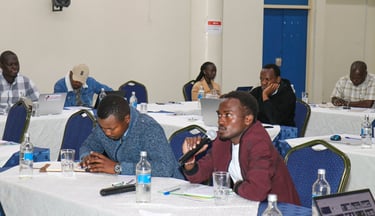

Climate Action
Explore our work across adaptation, mitigation and climate education in schools, communities...
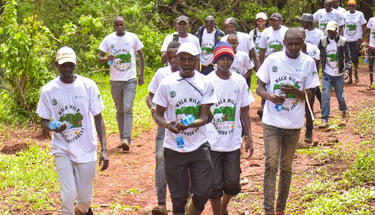

Environment and Social Governance
We champion ecosystem restoration and natural resource governance in rural communities whose land remains daily source of livelihood.
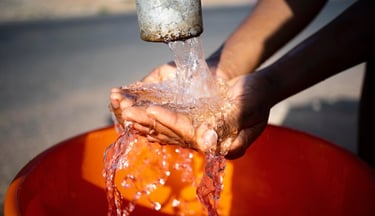

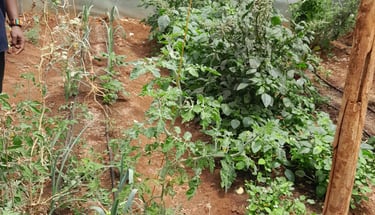

Water and Sanitation
Our mission to water security is simple - ensure that every member in the community can access safe and clean water for drinking, domestic use and irrigation. Join our advocacy.
Sustainable Food Systems
An innovative landscape covering value additions, food security, women empowerment, livelihoods...
Our Culture
At ACTNOW KENYA, we are committed to fostering a sustainable and inclusive environment where integrity, respect, and accountability guide our actions. Our Code of Conduct ensures that all members, partners, and stakeholders uphold the highest ethical and professional standards in our work.
Integrity
We uphold accountability and transparent communications in all our engagements and decision-making.
Environmental Stewardship
We advocate for sustainable practices that protect and restore ecosystems.
Diversity, Equity & Inclusion
We treat all individuals with dignity, inclusivity and equity regardless of race, gender, religion, or background.
Community
We ensure our projects reflect the needs and voices of those affected by environmental challenges.
Sustainability
Our programs are designed with innovation, collaboration and clear plans that ensure long-term impacts to our stakeholders.
Meet our team
Our strength lies in our individuality. The team strives to bring in the best talent in various fields, from community development to public policy to project managemement and environmental science.
Climate change is no longer the boogeyman in the closet that we can hide away from. It's time that we all prioritize its importance for the betterment of future generations.
– Nate S., Muhlenberg College

Contact Us
Reach out to us for collaboration and support in sustainability.
ACTNOW KENYA is a registered community based organization under the Income Tax Act (Cap 470), Section 13(2) of Kenya. Your donations are tax exempt. Gift are deductible subject to allowable country laws.
© 2025. All rights reserved.
